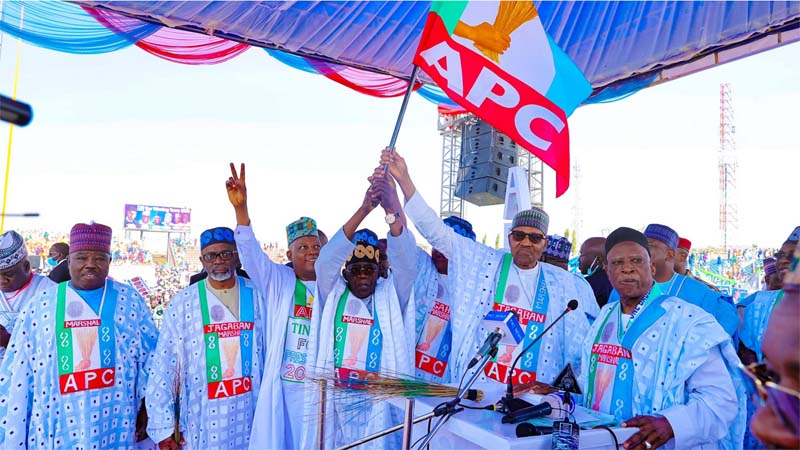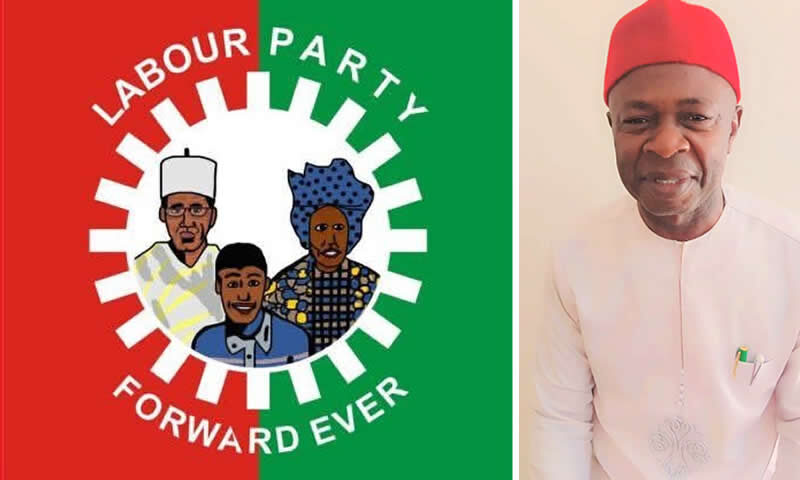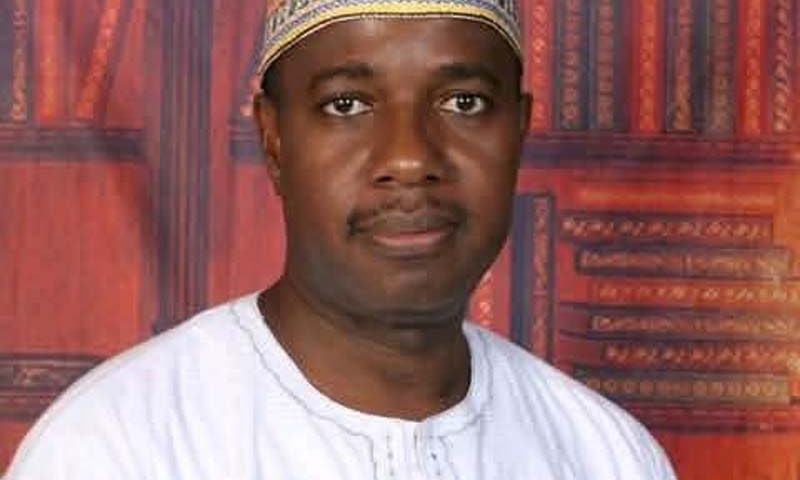“APC is hoping that by 2027, it would have successfully decimated opposition parties and built a superstructure of loyal defectors who will rally votes in their regions. But this strategy is short-sighted. Nigerian voters are more aware now. The 2023 elections already saw record levels of youth activism and the 2027 elections may bring an even bigger shock.”
It’s becoming clearer by the day that the All Progressives Congress (APC) government is more interested in political survival than national stability. While the country grapples with worsening insecurity, economic collapse, and social discontent, the ruling party is laser-focused on one thing: how to manipulate the 2027 elections by weakening the opposition and recruiting high-profile defectors.
A Nation Under Siege
Let’s take a sober look at the facts.
According to SBM Intelligence, over 5,000 Nigerians were killed in 2023 due to violence linked to banditry, terrorism, and herder-farmer conflicts. As of mid-2024, Nigeria had already recorded more than 3,000 deaths due to violent attacks — with no serious drop in incidents despite claims by government officials that they are “on top of the situation.” Meanwhile, Amnesty International and several local human rights groups have repeatedly flagged the government’s failure to hold perpetrators accountable or protect vulnerable communities.
In many states across the North — including Borno, Zamfara, Kaduna, Niger, and Katsina — entire communities live under the control of non-state actors. Farmers are forced to pay “taxes” to armed groups to access their own farmlands. In the North-Central, Fulani herdsmen and bandits continue to clash with local communities, leaving behind trails of blood, displacement, and destruction.
Despite all this, how often do we see President Bola Tinubu or key APC leaders hold emergency national security briefings? How often are military leaders held to account for lapses in intelligence? Instead, what dominates the news?
Another Governor Defects to APC.
Another Senator Crosses Carpet.
Another Former PDP Leader Joins the ‘Winning Team.’
A Party Obsessed With Optics, Not Outcomes
It’s not just morally troubling — it’s strategic negligence.
Since taking over in 2015, APC has positioned itself as the “savior party,” yet the conditions that gave rise to Boko Haram, ISWAP, and now the rising cases of unknown gunmen in the Southeast have not only persisted but expanded. Even the Nigerian Army has been riddled with scandals — including recent reports in 2025 that over 30 security operatives were arrested for allegedly stealing weapons and selling them to insurgents. What clearer sign could there be that the rot has spread deeply?
Yet, while Nigeria bleeds, the APC elite are busy shopping for new recruits from opposition parties. Just between late 2023 and mid-2025, notable defections include:
Former Governor Dave Umahi (Ebonyi) — originally PDP, defected to APC.
Senator Elisha Abbo (Adamawa) — defected to APC.
Several PDP House of Reps members across Niger, Kaduna, and Cross River — moved to APC, citing “alignment with the center.”
Defections in themselves are not illegal, but they are being used as a smokescreen for failure. APC is more interested in breaking the opposition than in fixing Nigeria. This “political raiding” is a sign that the party believes its best shot at re-election is not performance, but perception.
What Are They Really Doing About Insecurity?
The Ministry of Defence continues to receive massive funding — ₦2.2 trillion was allocated in the 2024 budget.
Yet, arms procurement is riddled with opacity. The 2015-2020 military spending probe revealed billions of naira unaccounted for.
Nigeria’s borders remain porous. Kidnappers, arms smugglers, and drug traffickers operate freely in border communities from Katsina to Ogun.
Where is the urgency to reform the security infrastructure? Why are police still underfunded and under-equipped? Why is community policing still a slogan and not a structured program? Why has the national security architecture remained largely the same despite glaring failures?
Because the priority is not to solve insecurity — it is to survive politically.
A Warning Ahead of 2027
The truth is, APC is hoping that by 2027, it would have successfully decimated opposition parties and built a superstructure of loyal defectors who will rally votes in their regions. But this strategy is short-sighted. Nigerian voters are more aware than ever. The 2023 elections already saw record levels of youth activism and turnout in some areas — and the 2027 elections may bring an even bigger shock.
The hardship in the land has awakened something deep. Many of those who voted for Tinubu in 2023 are now openly expressing regret. Hunger, insecurity, and hopelessness have reached every corner of the nation. The illusion that political defections are a sign of strength is fast crumbling.
Conclusion: Time to Choose National Interest Over Party Interest
Nigeria is at a crossroads. The APC-led government must choose: continue this self-serving game of political expansionism or finally focus on the real problems tearing the country apart.
It’s not too late for the party to shift its focus. But if the next two years are wasted on chasing defections and manipulating election maps, the cost will not be just electoral defeat — it will be national collapse.
Enough is enough.






